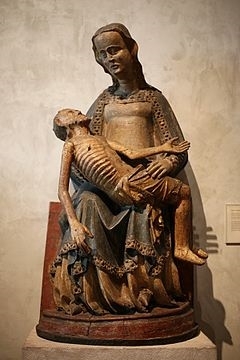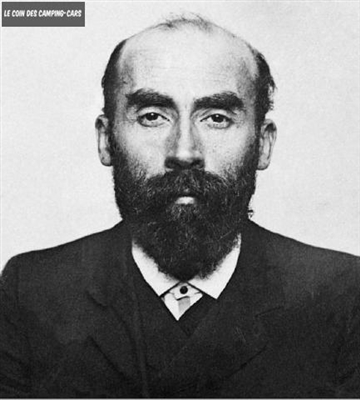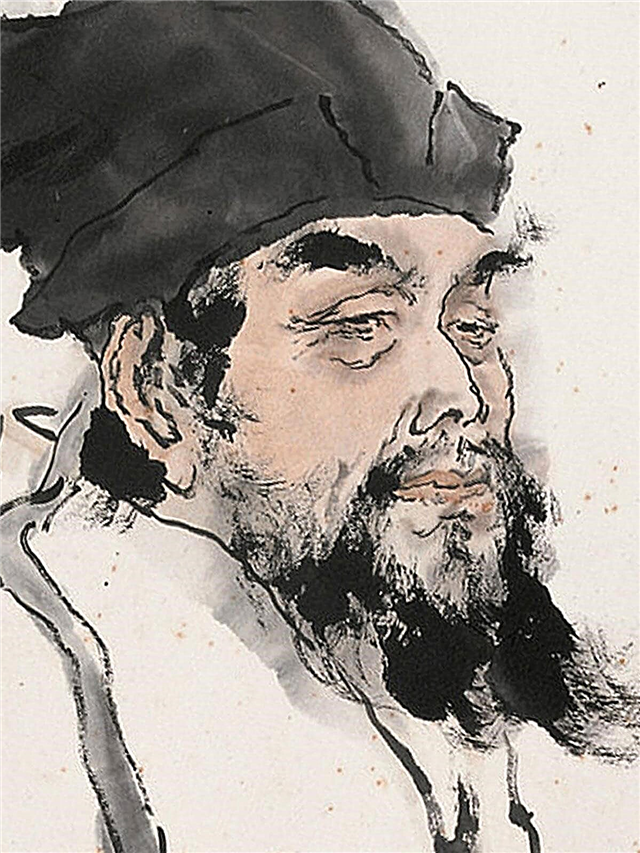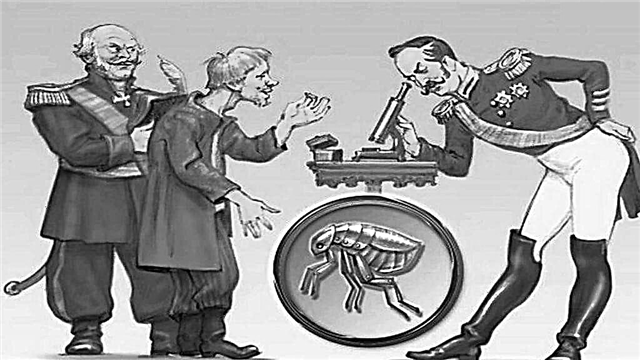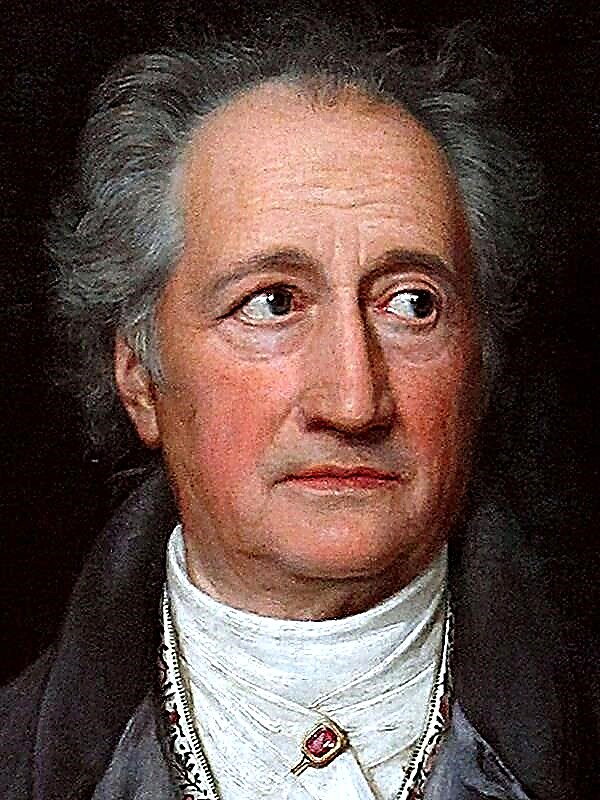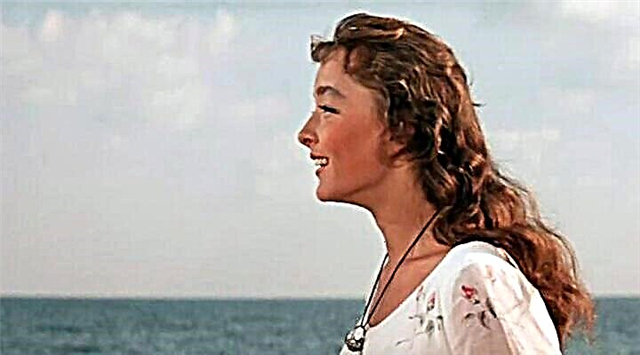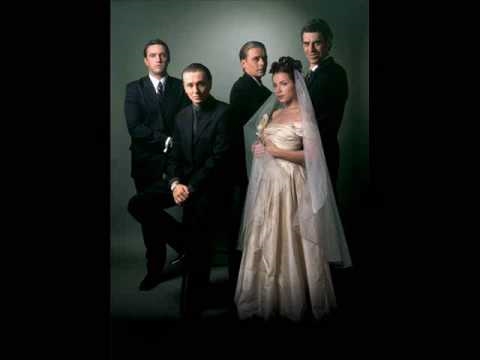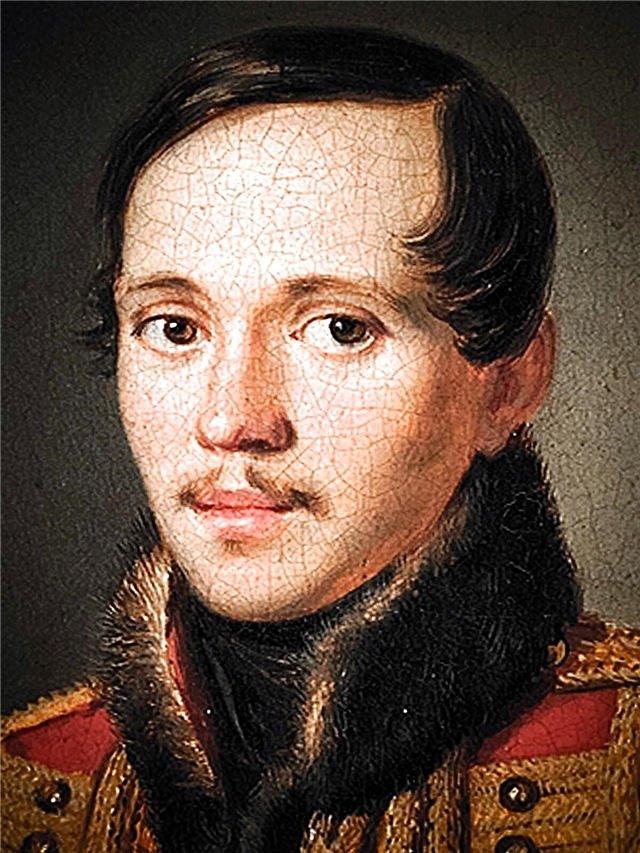Share
Pin
Tweet
Send
Share
Send
In preparation for the Unified State Exam in Russian, there are often problems of talent, which many authors of texts raise. Therefore, we decided to find the most popular aspects of this problem and select literary arguments for each of them.
True and false talent
- A. S. Pushkin, "Mozart and Salieri." This work from the collection of Little Tragedies tells the story of the life and relationship of two composers. One of them is the great and brilliant Wolfgang Amadeus Mozart, and the other is Antonio Salieri, envious of his talent. While the former writes music as if he lives, filling it with his feelings and emotions, the latter, “having killed sounds” and decomposing the music into practically algebraic components, composes his works. Both have achieved good fame, but Salieri understands that his talent cannot be compared with the genius of Mozart. Unable to resist his nature and temptation, as well as realizing the impossibility of enduring being in the shadow of real talent, he destroys it with the help of poison. Only by committing a crime, he realizes his insignificance. It is impossible to become a genius, removing one who is more talented from the road. A true gift is something that cannot be achieved by evil.
- I. Turgenev, “Two Quatrains”. This prose poem is more like a parable from a writer’s cycle entitled “Senilia” (senile). It describes the performances of two poets in a certain city whose inhabitants cannot live without good poems. After one of them (poets), by the name of Junius, read his lines, the people drove him with screams and blasphemy from the pulpit, calling him a "pea jester." After a while, applause and enthusiastic cries are heard there: applaud the lines of Julia. Junius learns from a man in the crowd what the second poet presented, however it turns out to be his own poems, only slightly modified. The poet is in despair; true talent, speaking at the wrong time, was rejected, and the copy, finding itself in the right place at the right time, collected all the laurels. The audience again was not a bit of a real genius, recognizing such a miserable copycat.
Ruined talent
- Jack London, "Martin Eden." The novel tells the story of an uneducated sailor who falls in love with a girl from high society by the name of Ruth and, thanks to her, begins to study and enlighten spiritually and intellectually. Having crossed the line of education beyond which the girl does not go, Martin Eden parted with her and began to write stories, sending them to various magazines. None of the publishers wants to publish them until the moment when he is once lucky enough to be printed. Instantly the glory of the great writer falls upon the young man, but he, having gone through many hardships and trials, does not understand the nature of this idolatry and the masquerade of the secular circle in which he finds himself. His previous works, which were rejected by the publishers, are no worse than what he is writing now, so why didn’t anyone need them? The writer, who realized the stupidity and illegibility, the deceit of the public and the futility of the existence of his talent, takes his own life by jumping from a ship. So the real talent is buried in a sea of idleness, indifference and philistinism.
- N.V. Gogol "Portrait". The main character of the story, the young poor artist Chartkov, who possesses “talent that prophesied a lot,” realizes the unpopularity of true art. After buying a portrait of an Asian whose eyes on the canvas frightened him and ... as if tempted, Chartkov’s life changed. A bundle with a thousand pieces of gold falls out of the picture, and with this money the artist acquires everything necessary for painting, and also moves to luxurious apartments. He begins to engage in portraits to order, so as not to starve, and gradually acquires the glory of a beautiful painter and recognized critic. Once he sees a picture painted by his old friend, and it amazes him to the core. The artist is trying again to create something beautiful, but nothing but mediocre poses and faces does not work out for him. Through his own fault, chasing after his fortune, Chartkov lost his talent and remained unhappy, realizing this.
Victim for talent
- A. N. Ostrovsky, “Talents and Fans”. In his comedy in four acts, the writer takes on stage as the main character a young girl, actress Alexander Negin. Her mother, also an actress, says that since childhood she couldn’t keep her daughter off the stage, the theater is her life, something without which she cannot. She is poor, the game is her only income. Negina has a fiancé, Peter Meluzov, who teaches her sciences and an honest life. They love each other and are going to get married. However, at the last moment, the girl accepts the offer of the wealthy landowner Velikatov to become his housekeeper and actress in the theater, which he will manage. Realizing that family life is impossible for her, that she will leave her husband in order to be on stage again, even though she is a low-married woman of the 19th century, Alexandra sacrifices her love in the name of her vocation, her talent.
- M.Yu. Lermontov, “Poet” (“My dagger shines with gold trim ...”). In his poem, the lyric poet contrasts a poet who writes for the public’s needs, has earned fame and fortune, a true creator, herald of truth. The author calls for rejecting thoughts about material values, because talent is not for sale. He clearly demonstrates the contempt of the lyrical "I" of Lermontov himself. In his opinion, to be poor, but to create poems worthy of being considered real poetry, is more important than false and undeserved wealth.
Unrecognized Talent
- M. Yu. Lermontov, “The Prophet”. The poet’s work became a kind of polemic with the poem of the same name by A. Pushkin. In him, the lyrical hero is a man rejected by society, an outcast. Because of his talent and thirst for justice, he could not lie, he decided to “proclaim pure teachings of love and truth”, but he remained an incomprehensible society. The public, deaf to the poet’s word, dooms him to eternal loneliness, wandering and misfortune. This is the tragedy of unrecognized talent.
- M. A. Bulgakov, “The Master and Margarita”. The most famous novel of the writer, the action of which takes place in two realities, tells the story of the main characters, lovers, one of which is the writer. The master (the author deliberately calls him that way, as if recognizing the unconditionalness of the purity of his talent) throws everything in order to write his novel, which was really a valuable literary work. But critics, whose role was to trample everything that is not pro-Soviet propaganda, condemned the novel and its author. People for whom literature and art have long turned into verbal and rhyming, simply could not understand and were envious of the appearance of true talent inside this spiritless and flat, almost anti-utopian reality. In the novel, Bulgakov deduces a number of “writers” as an antithesis, whose activity and concern consists mainly of visiting a restaurant in Griboedov’s house in MASSOLIT. There can be no talk of art and genius in such an environment.
The healing power of talent
- L.N. Tolstoy, Albert. The main character whose name is named for the story is a poor violinist who has lost his love on the basis of social inequality. A personal drama led him to alcohol - he is pathetic, unhappy and poor. However, Albert did not lose his gift. Once at the ball, he begins to play and with his skill and soulful performance surprises all guests. He himself in the eyes of the audience is also being transformed, but especially in the eyes of Delesov. The melody of the violin revived his former lover in his soul, and he wanted to take the violinist to himself in order to pull him out of that miserable and undeserved position in which he lived. Real talent is able to turn life and a look at the human world.
- K.G. Paustovsky, The Old Cook. In this story, the author writes about a dying old man who was blinded several years ago by the heat of the stove with which he had been working all his life. He does not like priests, therefore, gives his daughter Maria the order to bring the first person he meets from the street to confess to him. A stranger, entering the house, asks about the last desire of the old cook, and he replies that more than anything else he would like to see his dead wife. The stranger begins to play the harpsichord, and this music resurrects the beloved in the consciousness of the dying man, and when he asks for the name of the stranger, the stranger answers: “Wolfgang Amadeus Mozart”. So true talent with its creativity makes impossible impossible for people, helping to overcome even the most difficult moments in life.
Share
Pin
Tweet
Send
Share
Send

